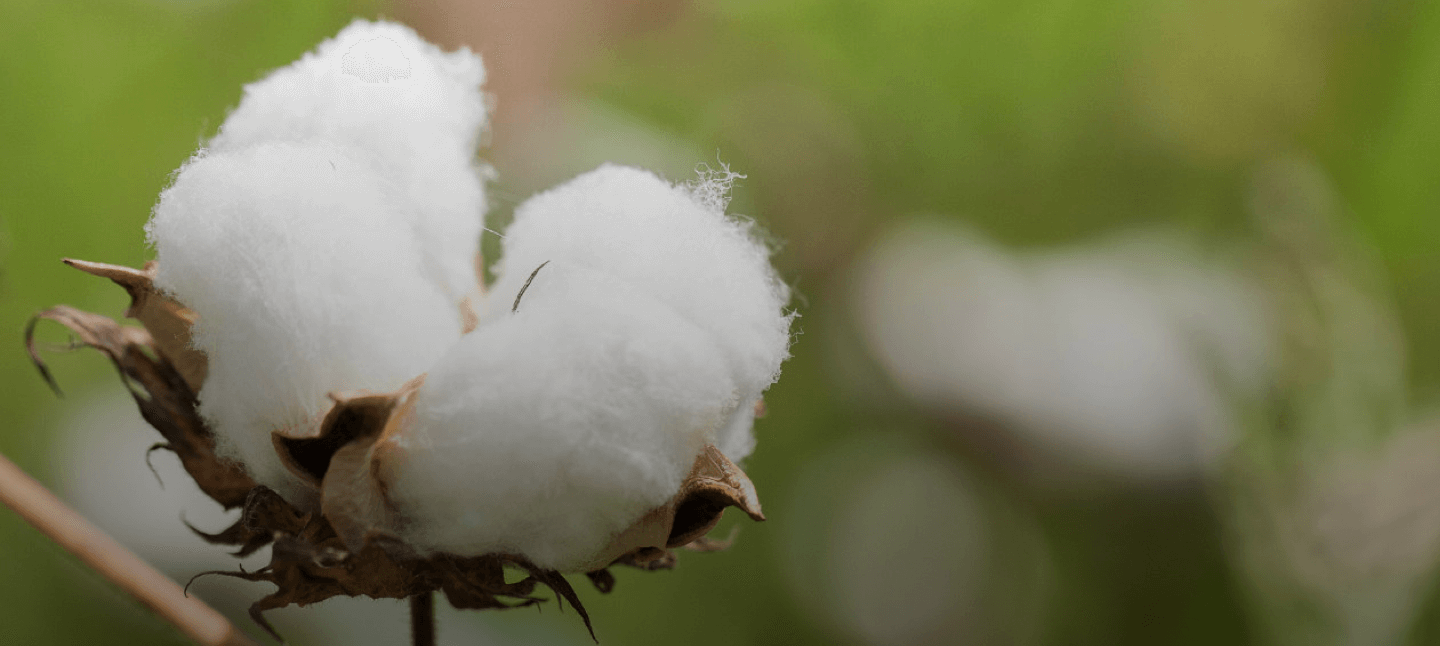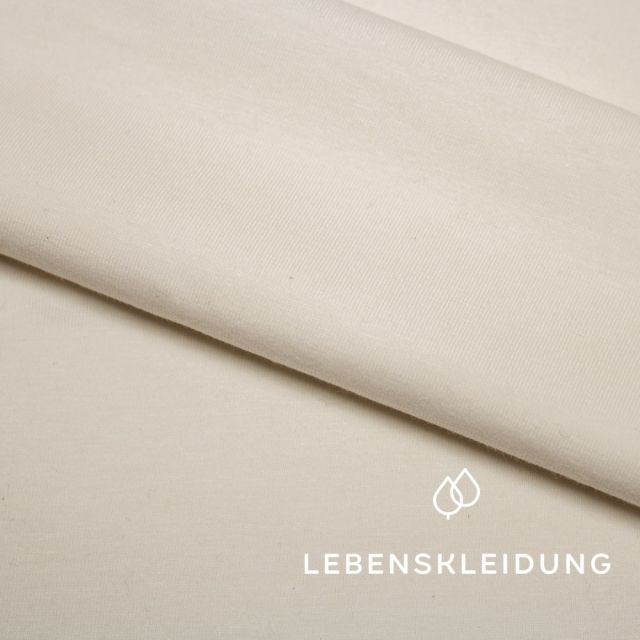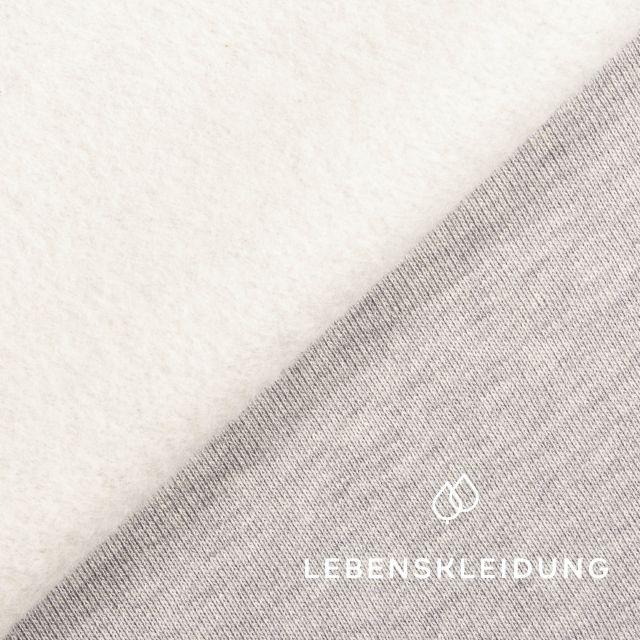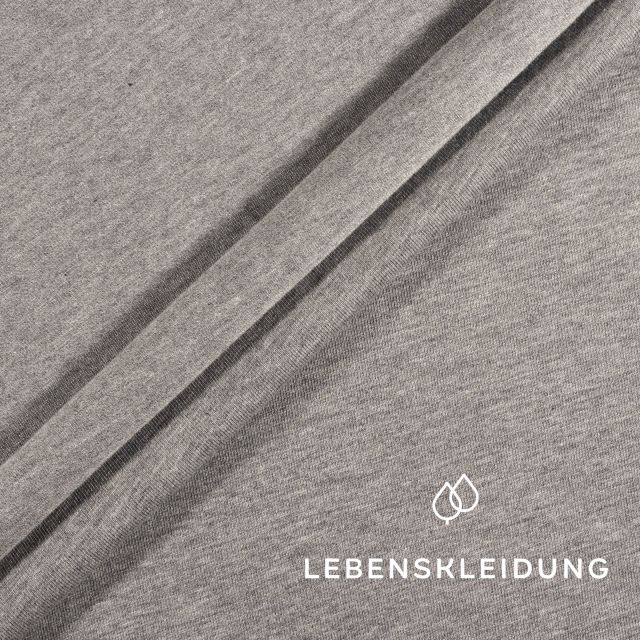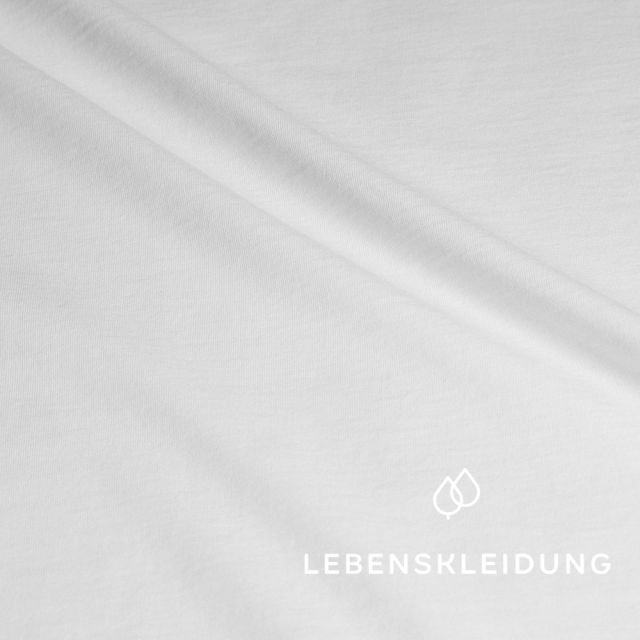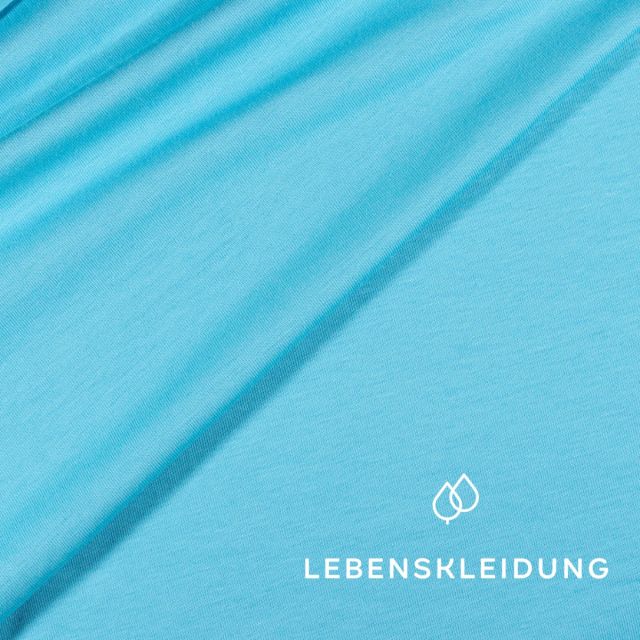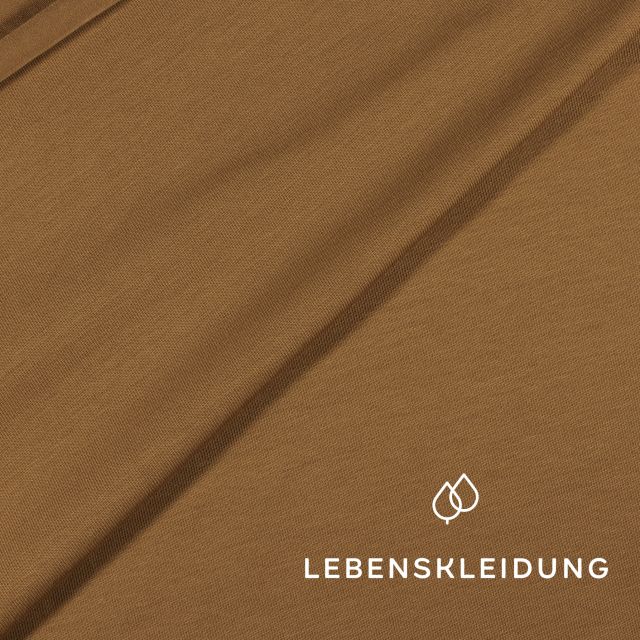What is organic cotton?
Organic cotton is cotton that is produced and certified according to the guidelines and standards of organic farming. The cultivation of organic cotton preserves the health of soils, nature and humans, since instead of artificial fertilizers and pesticides only natural means and sustainable methods are used. The use of toxic chemicals and genetically modified organisms (eg seeds) is prohibited. Instead, growing organic cotton combines tradition, innovation and science to benefit the environment and promote a good quality of life for all.
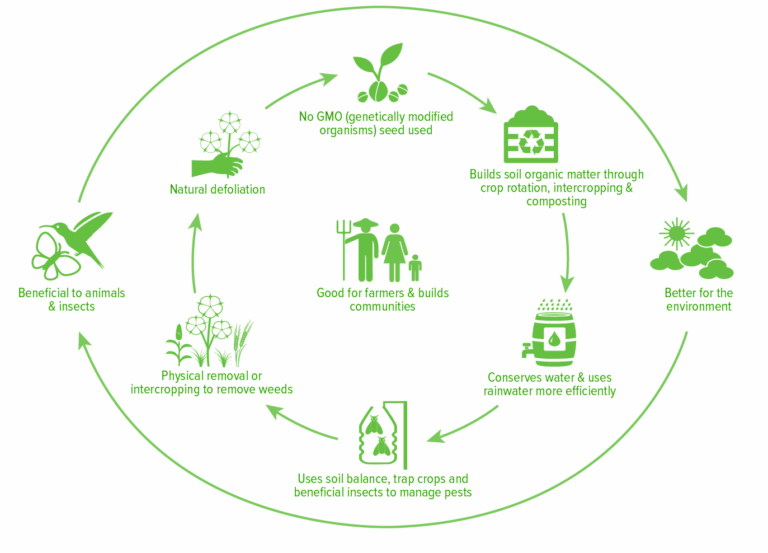
*All graphics on this organic cotton page courtesy of Textile Exchange.
Why organic cotton is the better cotton
Organic cotton has a lot of advantages that we like to show you here.

Reduction of the ecological footprint
The cultivation of conventional cotton is anything but clean. About 16% of the insecticides and 7% of the pesticides used worldwide can be found in that industry. However, when using organic cotton, no toxic chemicals are being used. This has several positive effects: First, the soil is not damaged and harmful emissions are minimized, in addition, the water consumption is 71% below the regular average and 62% less energy is consumed. We at Lebenskleidung use solely 100% certified organic cotton.

Better working conditions & livelihoods
By using organic cotton, cotton farmers and their families have more security. They are not exposed to harmful chemicals in the fields, food or water supply. In producer groups, they organize and support each other. In addition, many organic farming communities use solar energy and biogas as an energy source, especially if access to electricity is limited, as in some regions of Africa and India.

Against water scarcity
As you know, in the coming years, two-thirds of the world's population will face the problem of water scarcity. Inasmuch as conventional cotton is often cultivated in arid areas, but requires a lot of water to grow, local water sources are over-challenged. Organic cotton, on the other hand, is irrigated by up to 80% with rainwater. In addition, the groundwater remains clean through the consistent avoidance of harmful substances.
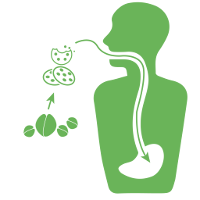
Cotton & our diet
Organic cotton is made from cottonseed that has not been genetically modified. The oil of the seeds can be used accordingly in the kitchen. The fiber may not be for our diet, the by-product, however, we can use without hesitation and calm a little brave - not only does cotton oil taste good, but also has a positive effect on the body.
A reasonable price
We understand that organic cotton may sometimes seem too expensive. But you are investing in water conservation, clean air, healthy soil and a fairer life for the farmers – and measured by that, the price is not that high anymore. In addition, the greater the demand, the more the price can be regulated in the coming years.
Take influence and make a difference
Deciding on sustainability and responsibility is not a trend, but a basic attitude. Choosing organic cotton should be as natural as choosing healthy and sustainable food. At the moment, however, the share of organic cotton accounts for less than 1% worldwide. If you decide to support organic cotton, you can directly influence the market. What are you waiting for?
Gender Equality & Empowerment
Especially in African and Asian countries, the proportion of women in organic cotton cultivation is very high. In progressive farmer groups, women are often in managerial positions and are responsible, for example, for training and/or the management of organic farms. Other activities include the management of micro-enterprises that produce seeds and various forms of value-added, such as food processing or textile craft.
The advantages of organic cotton at a glance
Organic cotton has many advantages that are sometimes not directly visible at first glance. But the potential savings are enormous. The use of organic cotton makes an active contribution to combating climate change, ensuring that soils do not acidify and dry up, actively conserve water and reduce so-called field emissions. In addition, when processing organic cotton in a certified production process, less harmful chemicals enter the water cycle and are increasingly being turned to renewable energy sources in the factories we work with.
Some impressions of the last trip to the organic cotton fields of Uganda


